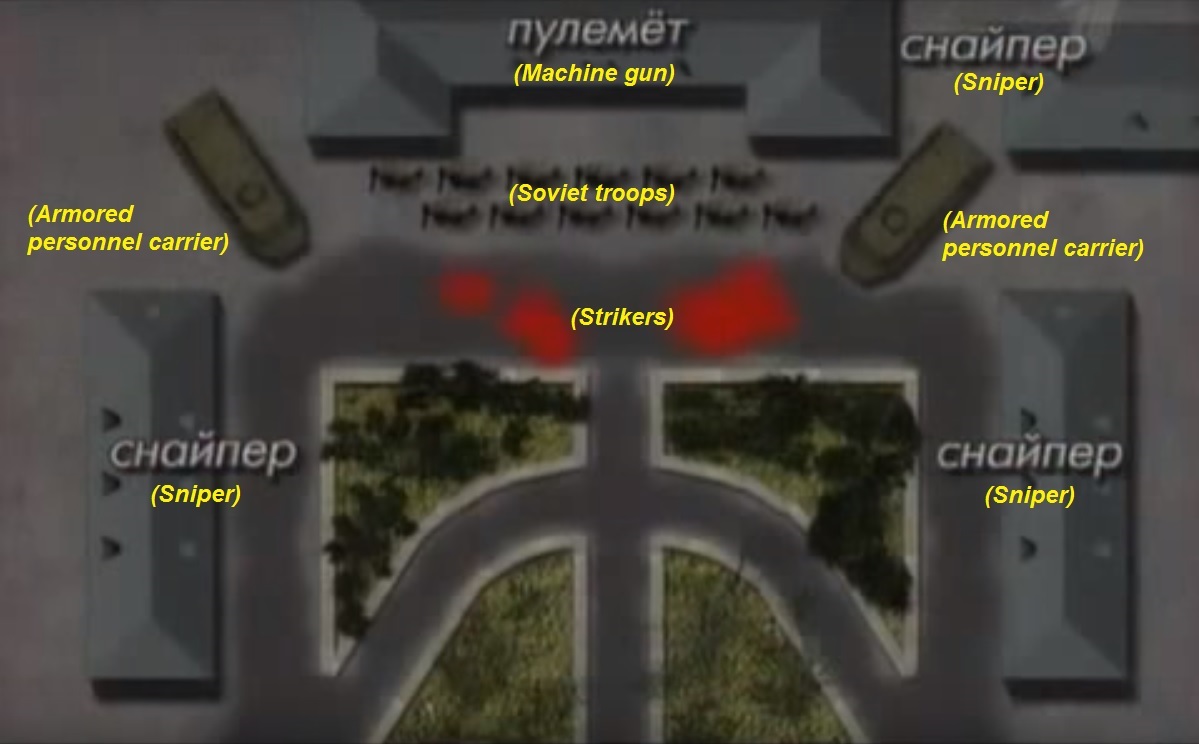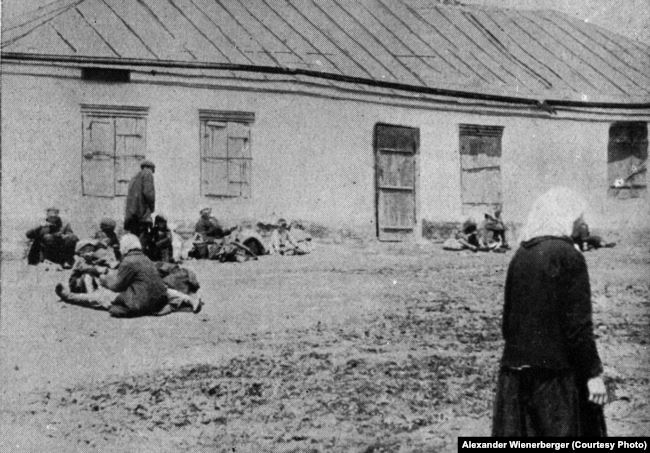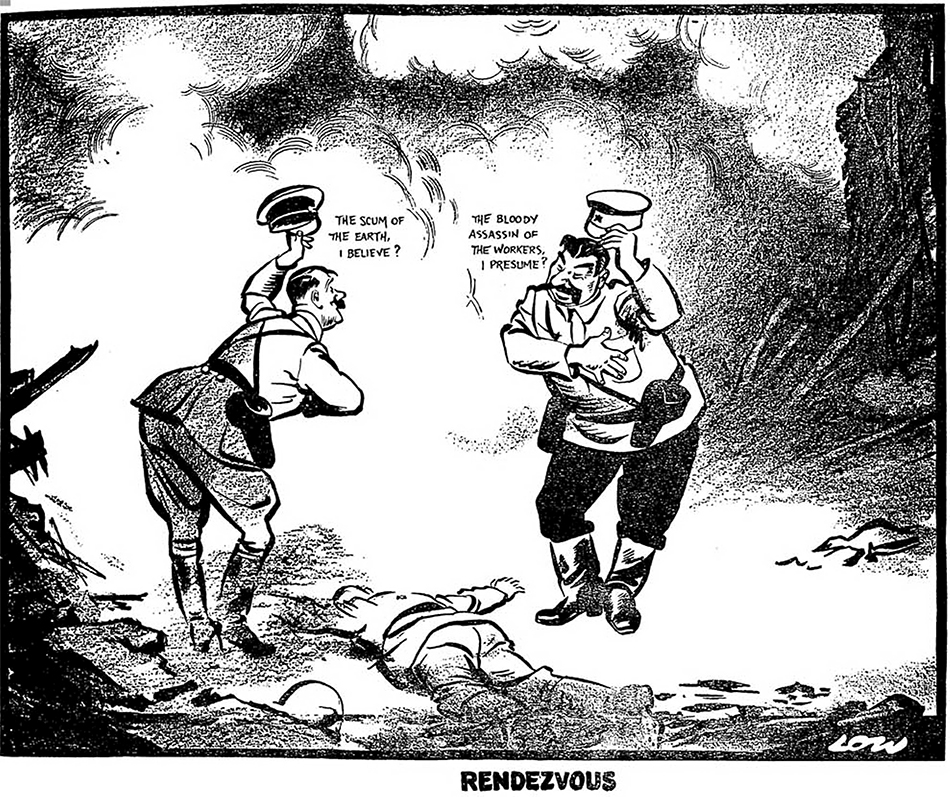The massacre of striking Novocherkassk workers by Soviet military units 55 years ago this week initially spread fear throughout the USSR but then helped power the rise of the dissident movement and thus played a key role in the collapse of the communist system and the disintegration of the Soviet Union, according to Russian historians.
The Novocherkassk Massacre as the events of June 1-3, 1962, have come to be known, began with workers at the Budyonny Locomotive Factory protesting against conditions in the factory and food shortages in the southern Russian city. The situation there was exacerbated by Nikita Khrushchev’s June 1 decision to raise food prices across the country.
Local police lost control of the situation, and Moscow sent in military units and KGB detachments as well. They shot and killed at least 26 of the strikers and wounded 87 others. The Soviet forces imposed a curfew but people continued to assemble, and more than 100 were arrested. To hide their crimes, the authorities dispersed the bodies across the USSR.
There was no coverage of this event in the Soviet media at the time, and Moscow did not acknowledge it until the glasnost period. But stories about it continued to circulate, both because of the way in which this showed that any close ties between the people and the powers had been shattered and because of the lessons this event had for the future.
On the one hand, such heavy-handed and brutal use of force by the Soviet siloviki worked to spread fear and thus gave Moscow some breathing room after any outburst of dissent. But on the other hand, actions like the one in Novocherkassk showed the limits of force and how it could prove counter-productive.
At least to a certain extent, Mikhail Gorbachev and Boris Yeltsin learned that lesson and used force more selectively than did their predecessors. But Vladimir Putin seems to believe as did Stalin and Khrushchev that he can employ force without such blowback. Given that, current discussions of Novocherkassk are especially important.
On this anniversary, journalists from the Kavkaz-Uzel news agency spoke with three Russian historians about the meaning and continuing importance of the Novocherkassk massacre.
Aleksey Makarov of the Association of Researchers on Russian Society says that the Novocherkassk protests reflected “the general dissatisfaction of citizens” about Khrushchev’s policies. Those policies were breaking down “many fundamental links both political and economic” between the regime and the population.
The protest and subsequent shootings not only showed the lack of appreciation among those in power of what was occurring in society but they “destroyed the balance of forces among various structures of the state which led not only to a reduction in the growth of production but to the sharpening of struggle behind the scenes.”
And consequently, Makarov says, “the protest in Novocherkassk bore an exclusively anti-government character.” Indeed, he says, there may very well have been “among the strikers those who wanted to discredit Khrushchev.”
Aleksandr Daniel, a historian at the Memorial Society, points out that the Novocherkassk events were not as isolated as many think. In 1961, there had been strikes in Murom and Krasnodar, and a little earlier there had been serious protests at the metallurgical factory in Temirtau in Kazakhstan.
“As a result of the mass protests,” he continues, “the authorities developed a more careful policy toward the working class,” making concessions rather than using force as they had done in Novocherkassk. But in contrast to what they were doing with the workers, the authorities stepped up their crackdown on the intelligentsia.
According to Daniel, “the events in Novocherkassk gave the party and state elite an understanding of the volcano on which they were sitting. The fear of the elites that massive worker hatred of the authorities might combine with the intelligentsia dissents did not leave them until the disintegration of the USSR.”
And Pavel Kudyukin of Moscow’s Higher School of Economics, agrees. He says that Novocherkassk “frightened the leadership of the country and sharply intensified the attention of the KGB to major industrial enterprises and student dormitories. The government recognized that the working class … is no less dangerous for a communist regime than for a capitalist one.”
The massacre also contributed to the growth in unhappiness with Khrushchev among the nomenklatura and thus played a role in his ouster in 1964. But importantly it also meant that Moscow did not increase prices or cut wages from that date “until the end of the 1980s.” These became, thanks to the strike, “’holy cows’” that could not be touched.
“The events in Novocherkassk [also] led to the beginning of a strong dissident movement” because other Russians began to reflect that “’if the workers are striking, this is a good thing,” and those who send tanks against them are “bastards” – and that those bastards “are in the Kremlin” and nowhere else.
Related:
- Does the Kremlin fear repeats of 1962 Novocherkassk events – and would it react equally brutally?
- Communist crimes against Ukrainians give them many reasons to ban Communist party
- Post-Soviet states entered second anti-communist revolutionary period
- Mass graves exemplify communist terror -- Poroshenko
- Putin regime can't be reformed, only replaced, like its Soviet predecessor, Yakovenko says
- In opening access to Communist totalitarian archives, Ukraine draws on European experience
- Reflections on Communist Crime and Punishment in the light of the Ukrainian Revolution of Dignity
- This is why Ukraine needs decommunization of public spaces





